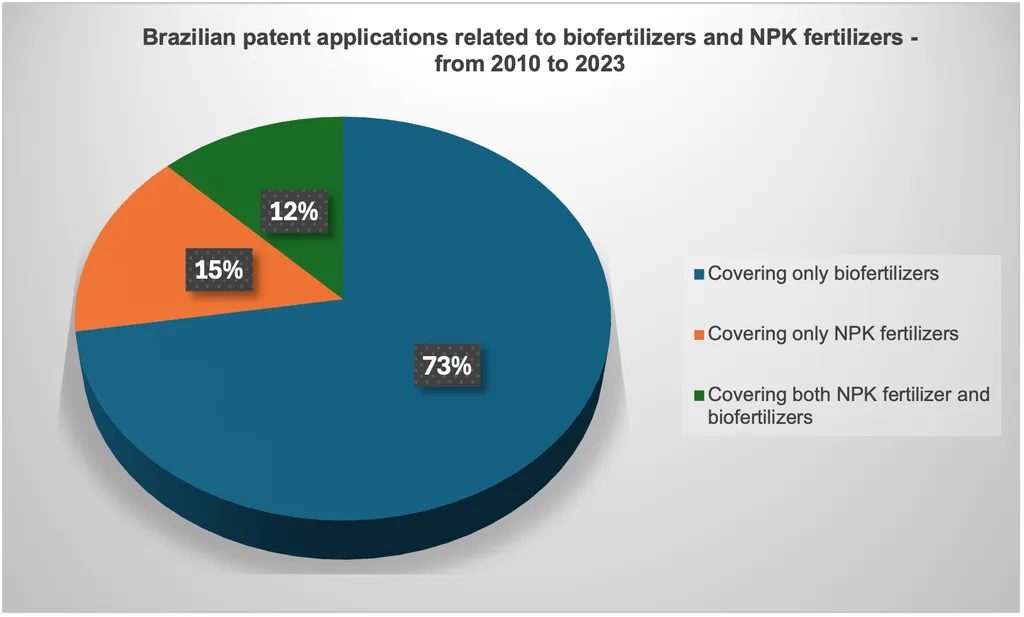Verde AgriTech, a Canadian-Brazilian fertilizer innovator, has secured a Brazilian patent for a novel industrial process that integrates biological additives into mineral fertilizers, marking a significant step in sustainable agriculture technology. The patent, granted by Brazil’s National Institute of Industrial Property (INPI), protects both the production method and the resulting fertilizer, which can be formulated as powder, granules, or microgranules.
The process combines glauconitic siltstone—a potassium-rich sedimentary rock—with beneficial microorganisms, eliminating the need for a drying phase in manufacturing. This not only reduces production costs but also extends the viability of the microbes for up to 180 days, a key advantage over conventional biofertilizers. The microorganisms enhance soil and plant health through nitrogen fixation, phosphate solubilization, biocontrol, and growth promotion, addressing multiple agricultural challenges in a single product.
**A Shift Toward Sustainable Fertilizers**
The patent underscores Verde’s commitment to reducing reliance on synthetic chemical inputs while improving crop yields. By leveraging naturally occurring microorganisms, the technology aligns with global trends favoring regenerative agriculture. The company’s approach could particularly benefit Brazil’s vast farmlands, where soil degradation and input costs remain persistent concerns.
Verde’s CEO, Cristiano Veloso, highlighted the innovation’s dual appeal: cost efficiency for farmers and environmental benefits. The patent strengthens the company’s intellectual property portfolio, which now includes five granted patents in Brazil, with three more under review. This positions Verde as a frontrunner in the transition toward low-carbon fertilizers, a sector increasingly scrutinized for its climate impact.
**Market and Regulatory Context**
The timing of the patent aligns with Brazil’s push for sustainable farming practices, bolstered by policies incentivizing bioinputs. As the world’s largest consumer of fertilizers, Brazil’s agricultural sector is a critical testing ground for such innovations. Verde’s technology could also gain traction in international markets, where demand for eco-friendly alternatives to conventional fertilizers is rising.
However, the company’s forward-looking statements—including projections on cost savings and market adoption—carry inherent risks. Factors like regulatory hurdles, fluctuating commodity prices, and competition could influence the technology’s commercial success. Investors and farmers alike will watch closely as Verde scales production and validates the fertilizer’s performance in diverse cropping systems.
For now, the patent solidifies Verde’s role in bridging the gap between industrial agriculture and sustainability, offering a tangible solution to one of farming’s oldest dilemmas: how to feed growing populations without degrading the land.

